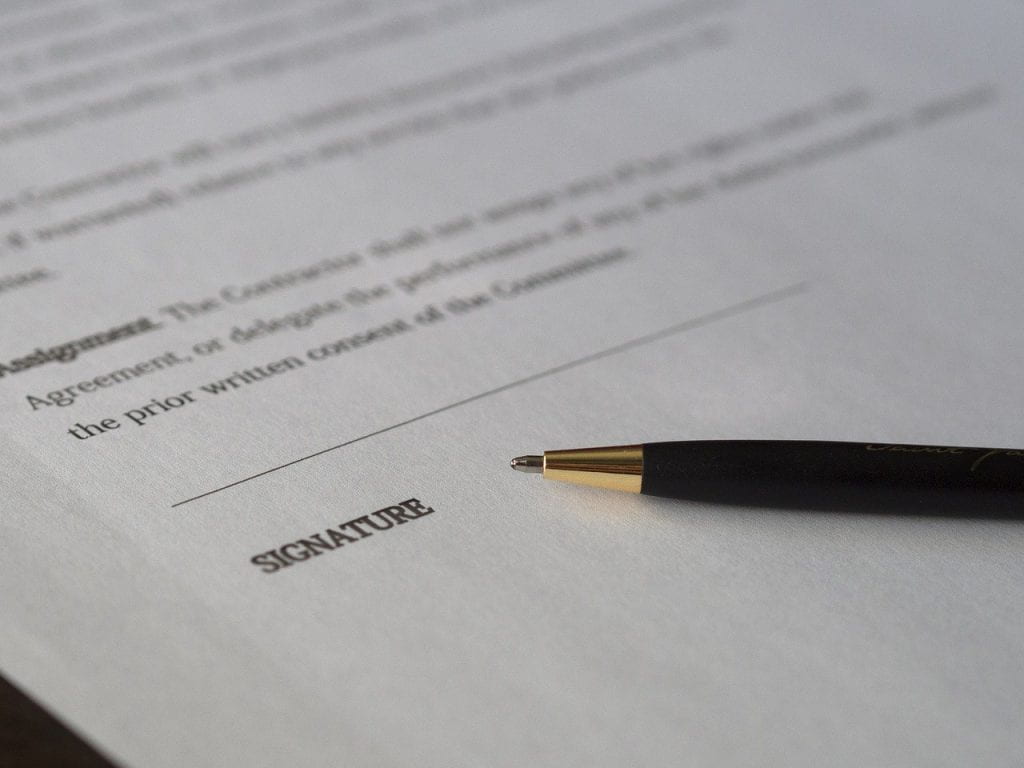
Be brave: how to negotiate open access rights with your publisher
For Open Access Week 2020, Dimity Flanagan (Manager, Scholarly Communications) is speaking with researchers across the University of Melbourne about why Open Access is important and the practicalities of making their research open.
Today we are speaking with Alysia Blackham, Associate Professor at Melbourne Law School. Alysia has published extensively across leading Australian and international journals and in legal and interdisciplinary forums.
Q. Why is it important to you to take the extra time to make sure more of your research is available Open Access?
For me, open access is important for a number of reasons. First, it is a way in which we can ensure that publicly-funded research is made accessible to the public. Second, open access extends the reach and impact of our scholarship. I have discovered this somewhat by accident: my research which has had the most impact, and has led to law reform, is that which is open access. Third, we can often achieve open access just by default: many publishers allow authors to self-archive a version of their work in a repository, though sometimes subject to an embargo. It often doesn’t cost us anything to achieve open access.
Open access is therefore making the most of our rights as authors.
Q. What has your experience been like when negotiating with publishers around Open Access? What do you ask for?
I have been somewhat compelled to try to negotiate with publishers around open access because I am completing an Australian Research Council (ARC) funded project. I would likely never have thought to do so without that impetus (and the encouragement of the University’s Open Access team)! I try to negotiate for what the ARC Open Access Policy requests, being able to self-archive the accepted manuscript with no more than a 12-month embargo. I often use the ARC’s Open Access Policy as a basis and justification for my negotiation, but not always – publishers are increasingly recognising that open access is a good in and of itself.
My experience negotiating has been mixed. I have had more success negotiating around book chapters than in relation to journal articles. In many of the journals I publish with, the embargo period is often 24 months, so the negotiation requires quite some persuasion. Some publishers have been surprisingly receptive to my requests – an encyclopaedia entry I have written will be made fully open access, with no embargo, as a result of me just asking; and my upcoming monograph will have one chapter published with open access, with an addendum added to my book contract to ensure this occurs. These wins are balanced by somewhat spectacular fails, where publishers have refused to make any changes to an embargo period, as there is too much flexibility in the ARC’s Open Access Policy to say that any change is ‘required’. I console myself with the knowledge that even in these failures, we are putting more pressure on publishers to make work accessible.

Q. When would you broach these conversations with your publisher?
Ideally I try to raise these conversations before I have signed the author agreement with the publisher, but after the work has been accepted for publication. As authors we have some bargaining power (if not a huge amount) before we have signed on the dotted line. I have not always managed to do this, and this is partly because my own understanding of what open access entails is developing over time. In one case, I tried to negotiate a reduction in an embargo period for a journal article after the article had already been published online. Needless to say, this was far from successful. So asking these questions early is important. I have also started going back over my historical publications, and trying to negotiate to make those materials open access. After a number of years, journal editors are often happy to allow materials to be made available freely online, given these historical publications are not always covered by a self-archiving policy.
Q. How long have you been making your research Open Access? What was the initial catalyst for you?
I have been making my research open access unintentionally for a number of years, by publishing in journals that are open access by default. We are lucky in Australian legal scholarship that some of our top journals, for example the Melbourne University Law Review, are open access. I have become more strategic at pursuing open access since commencing research funded by the ARC. I am increasingly sending my work to these fully open access journals, rather than journals run by commercial publishers, as I know my work will be accessible to a broader audience from day one. Through trial and error, I have also become more knowledgeable about various journals and publishers and their specific self-archiving policies, so I now also target my publications towards those with the most generous provisions (and the shortest embargo periods), all else being equal.
My commitment to open access has been strengthened as, over the years, I have seen the difference between my work that is open access (which has been cited by scholars and government, and influenced law reform) and my work that is not. I am progressively trying to make sure that all of my historical work is self-archived wherever possible. I now know, it is better to manage this as you go, rather than trying to play catch up years later.
Further resources
To learn how to self-archive your work in our institutional repository, Minerva Access, or to comply with funder mandates, visit the Research Gateway.
For more information on journal self-archiving policies, see Sherpa Romeo.
Understanding Open Access: When, Why & How to Make Your Work Openly Accessible – see page 88 for “How to Negotiate for Open Access with a Conventional Publisher”.
This blog post is released under a CC BY-NC-ND license.
Leave a Reply